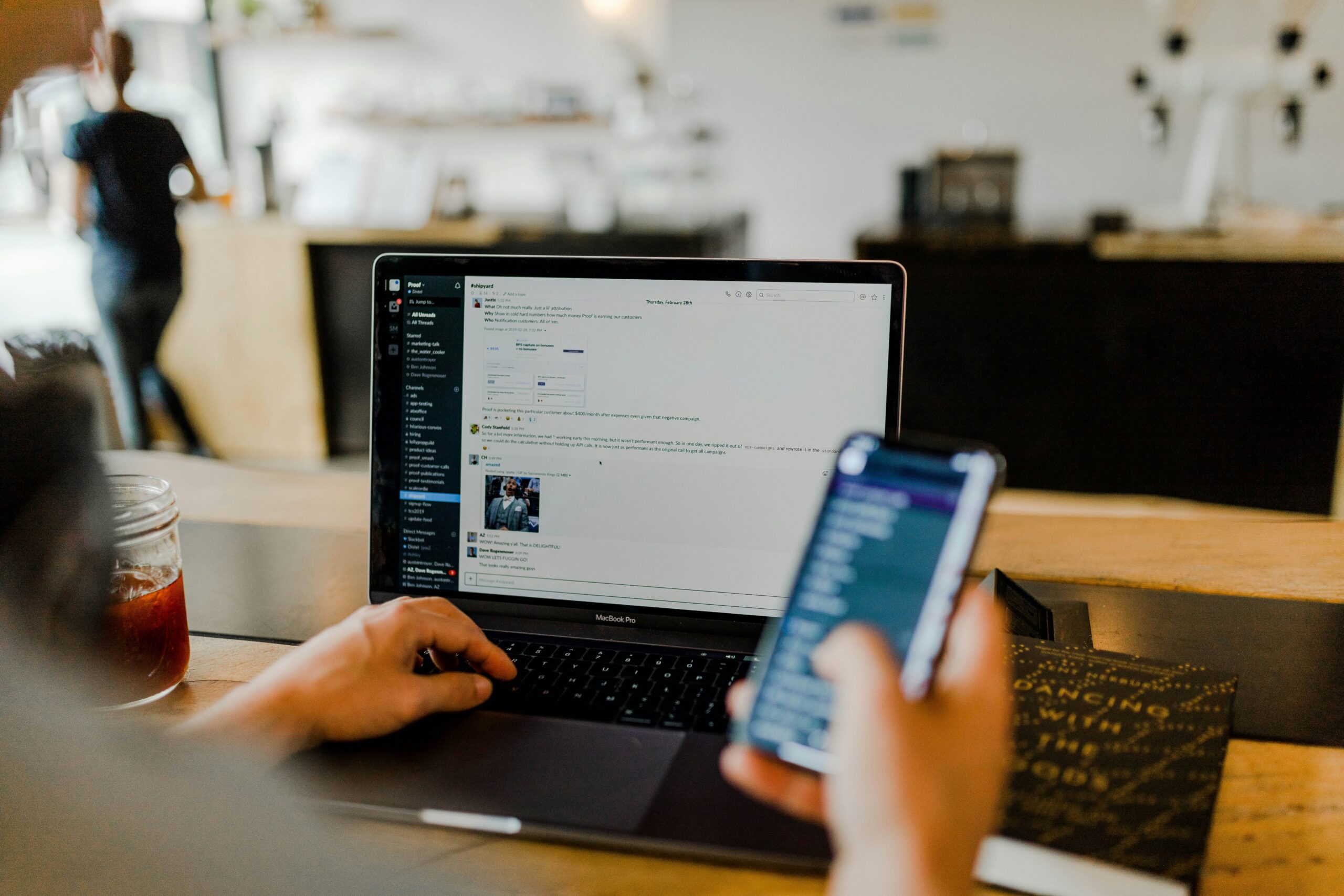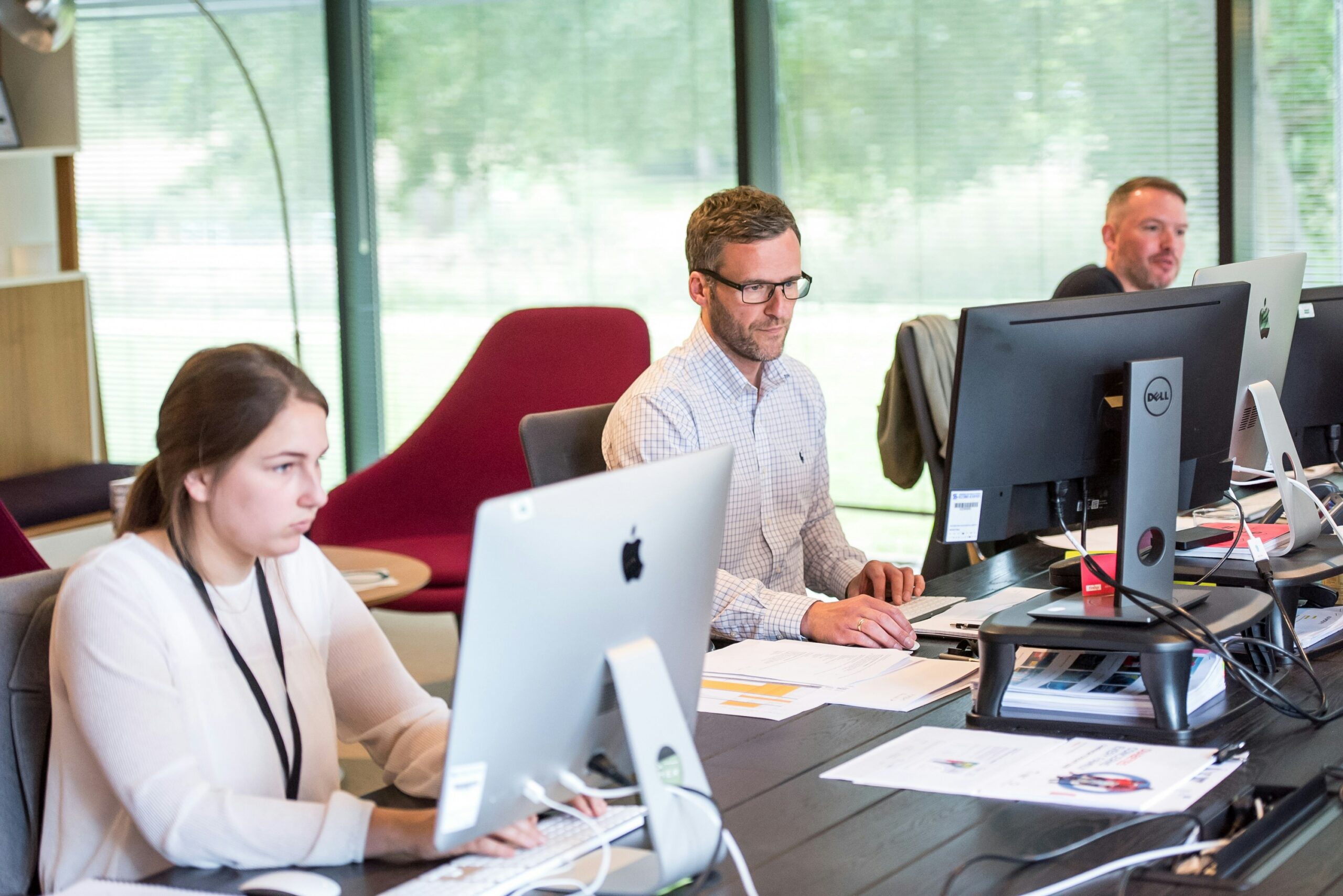Our daily lives are intertwined with digital technologies. At work and at home, technology plays a huge role in our productivity, communication, and comfortability. While we often associate cybersecurity with protecting business networks, safeguarding our personal lives is every bit as important.
So, what can we do to protect not just our business networks, but our personal ones as well?
Passwords
Begin with the basics – create strong, unique passwords for all your accounts and don’t repeat any passwords. I hate it as much as you do, believe me, but don’t make it easier for bad actors to mine and use patterns around family birthdays, wedding anniversaries, etc. Use random combinations that you can remember or utilize a password management product such as LastPass.
Educate Yourself
If your organization doesn’t offer security awareness training, proactively update your knowledge on the latest cybersecurity threats and the best practices you should use to reduce your very real risk. Attend webinars (you can watch and sign up for future ATCOM webinars here), read articles, and follow reputable cybersecurity blogs to stay ahead of potential risks.
Implement Multi-Factor Authentication (MFA)
MFA should be set up right now on all of your bank accounts, email, and applications. There are lots of factor types and you need this extra layer of security added to all aspects of your digital life. Just like you wouldn’t leave your keys on your dashboard after locking your car door, don’t skip this step and avoid being the “low hanging fruit” that today’s sophisticated criminal organizations exploit.
Practice Safe Clicking
Just as employees are trained to avoid clicking on suspicious links, exercise caution in your personal life. Be wary of unsolicited emails, messages, or pop-ups. Think twice before clicking on links or downloading attachments, especially if they come from unknown sources. Always hover over an email address to verify the sender and instead of clicking links, go directly to your known sites if prompted for information that seems suspicious or requires your immediate action.
Limit Access to Sensitive Information
In the business world, access to sensitive data is restricted. Apply the same concept to your personal life by limiting the information you share online. Lock down your privacy settings on social media platforms and be mindful of the personal details you post. Think like a criminal before ever putting any personal information out into the ether. They already have enough info on all of us, so let’s not make it easier to be a victim.
Back Up Your Data
Businesses back up their data to prevent loss. It costs you a lot less to do this personally using Cloud storage or an external hard drive. If you’ve ever experienced the loss of a hard drive, you know how important it is to recover important personal data from a previously saved point if you experience either corruption or a cyber related attack.
Secure Your Home Networks
Just as businesses secure their networks, ensure your home Wi-Fi is protected. Use a strong, unique password for your Wi-Fi router, enable WPA3 encryption, and regularly update your router’s firmware to keep it secure. Use better security settings on all of the devices behind your personal network and know that many IOT devices are easy known targets for criminals to exploit as well.
Be Vigilant Against Social Engineering
Social engineering is a tactic cybercriminals use to manipulate individuals into divulging confidential information. Apply vigilance in your personal interactions and be cautious of unsolicited requests for information, whether online or over the phone.
By embracing these cybersecurity tips in your everyday life, you can protect yourself and your family from very disruptive events in your personal life in the same way that IT managed services and layered security safeguard businesses.







